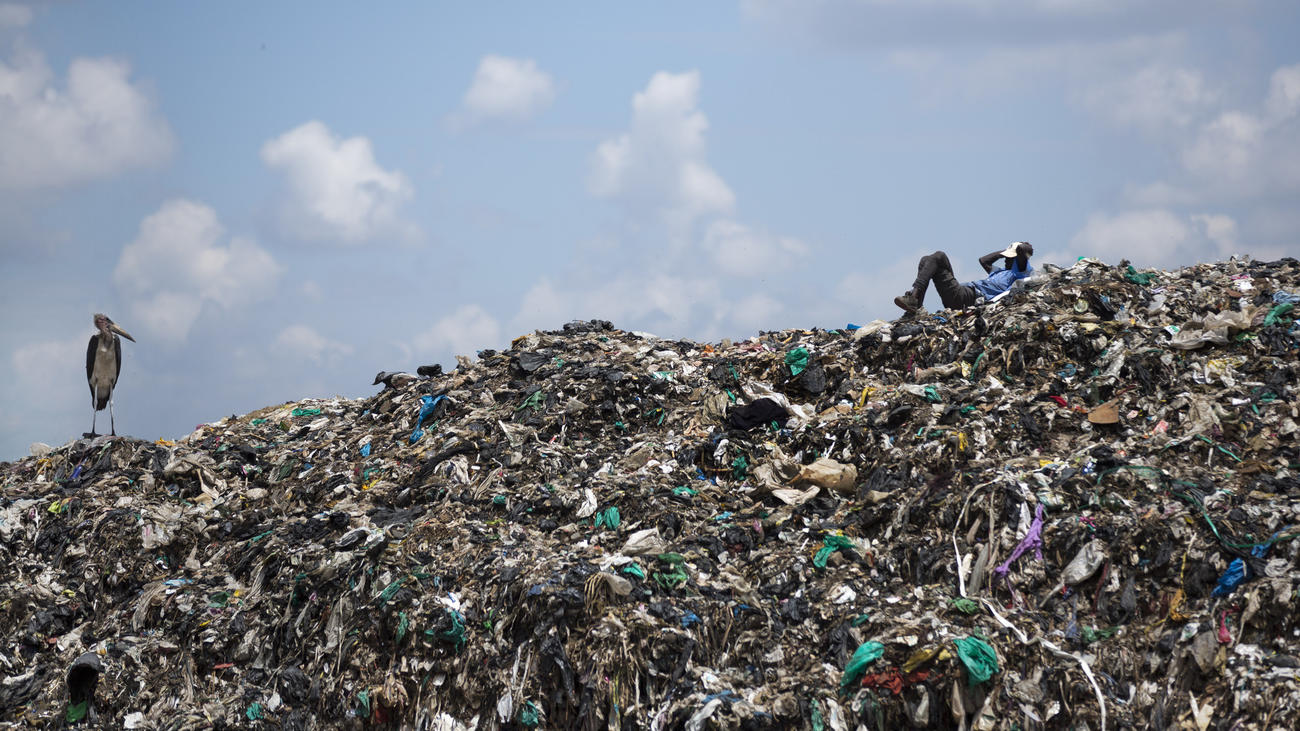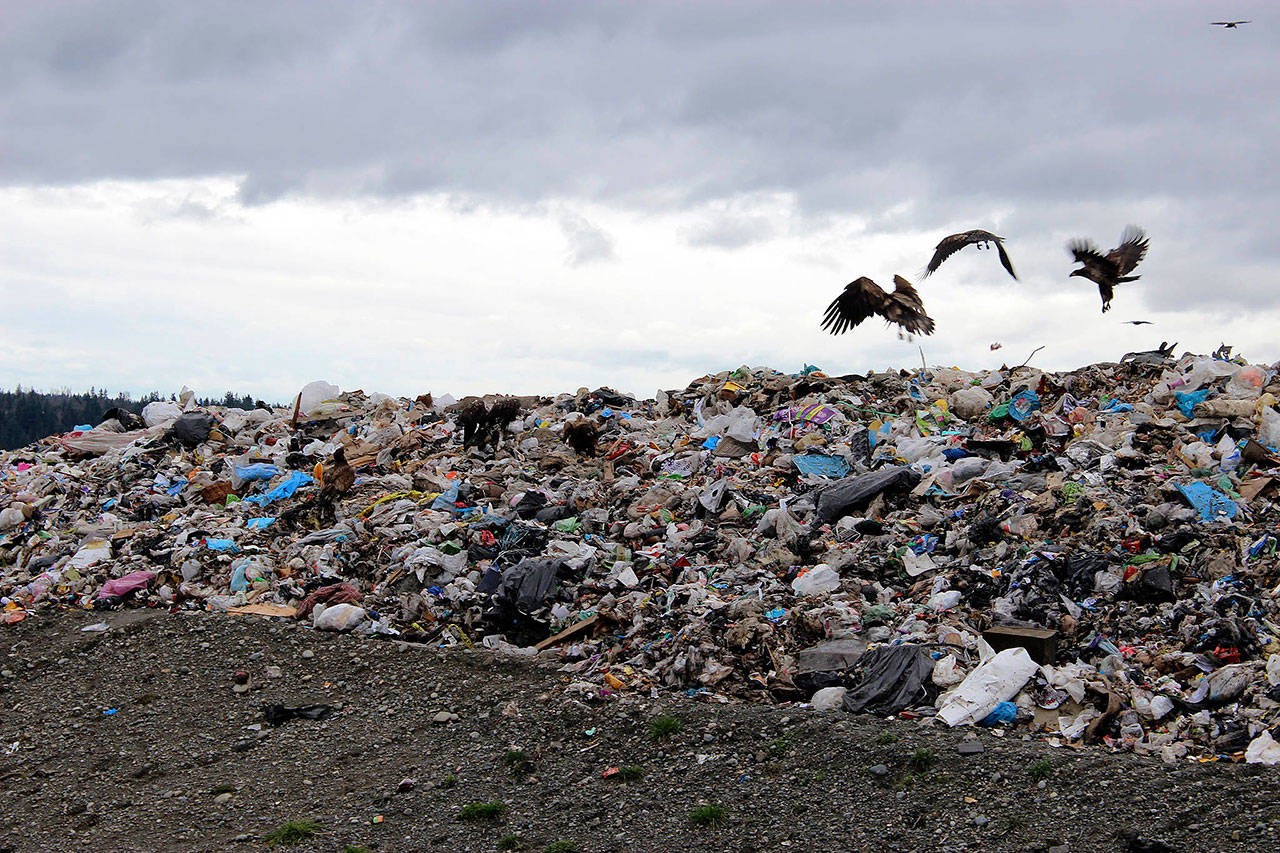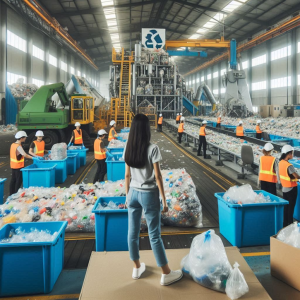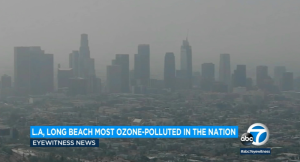
DENVER, COLORADO The average American disposes of nearly 1,800 pounds of waste each year.. In a year, the United States alone discards enough plastic to fill AT&T Stadium, the world’s largest NFL football stadium, 565 times over. Furthermore, the COVID-19 pandemic had also exacerbated a spiralling epidemic of waste, especially with regard to plastic.
Trash in America: Moving from destructive consumption to a zero-waste system was released on Thursday by PIRG Education Fund, Environment America Research & Policy Center, Frontier Group, and Community Action Works. The report examines the waste problem in the United States over the past 3 years, including pandemic, & recommends ten steps the U.s must take to build a “zero waste” economy.
As a result of the epidemic, waste reduction efforts were completely destabilised.” When single-use plastic bags were brought back into supermarkets and disposable takeout containers and online shopping packaging overflowed the waste stream,” said Alex Truelove, director of PIRG Education Fund’s Zero Waste programme and co-author of the report. We have already regained much of with us lost momentum in waste reduction despite these setbacks and the efforts of industry groups to discourage people from reusing.
As of this writing, 13 states have implemented plastic box bans on wastage products like single-use plastic bags and foam containers, bringing the total of states with such bans to 13. It was in Maine that we first passed a producer responsibility law in the United States, which mandates that companies bear the full cost of one‘s wasteful products, such as disposal. Also Read Us Navy Plane Crashes In Philippine Sea, Rescuing Eight People.
Adrian Pforzheimer, a policy advisor for Frontier Group and co-author of the report, said, “Producer responsibility is next frontier throughout waste reduction.” When manufacturers are held accountable for all the components they use or produce, from cradle to the grave, states such as Maine could even lead the way towards a more sound and cost – effective economy.”

More than half of the waste in the United States can be recycled or composted. The report provides ten ways to reduce waste and improve recycling, composting, and reuse, such as:.
Impose responsibility on manufacturers for the entire life cycle of their products.
Put a price on garbage disposal and make recycling & composting universally accessible and affordable.
Require reusing and recycling materials for new products, and encourage governments and businesses to use them.
Single-use items, such as plastic bags & food service ware should all be easy to recycle or compostable.
There are far-reaching consequences to the U.S. waste issue beyond just its own mass. Heavy metals, mercury, and dioxin, among the most dangerous substances on the planet, are released when trash is burned. It is estimated that around 16.5 million tonnes of plastic enter the world’s waterways each year. Many sea creatures’ digestive tracts are clogged by plastic debris, which is one of the most significant threats facing marine life and the ocean ecosystem.
“A growing body of evidence suggests that trash in the nation’s waterways has been killing sea turtles, whales, and a variety of birds. Much of this items is only used once then thrown away. ‘Nuff said. However, if we are to improve, we must act consciously and as a collective body “According to Senior Conservation Director Steve Blackledge of the Environment America Research & Policy Center, To get there, we need to prioritise wildlife over waste, but we already have the tools and the know-how to do it.
Climate change is exacerbated by America’s waste problem. As a percentage of total U.S. greenhouse gas emissions, waste makes up 42 percent of the total.
According to Truelove, “Pandemic or no pandemic,” we must take action to address our trash problem. It’s up to us to follow the recommendations in this document in order to achieve zero waste.




